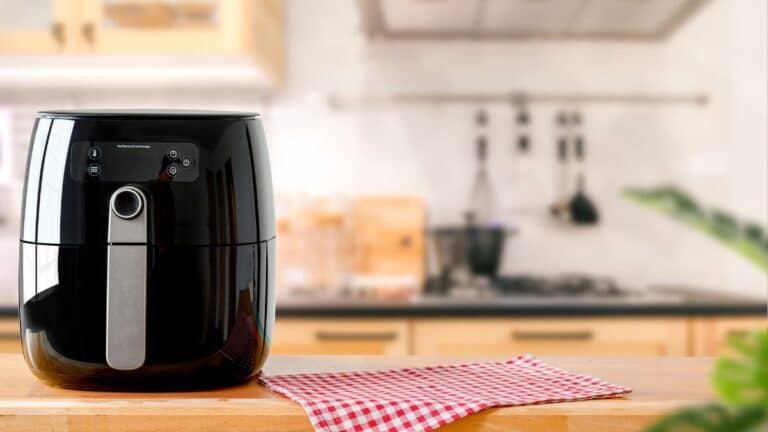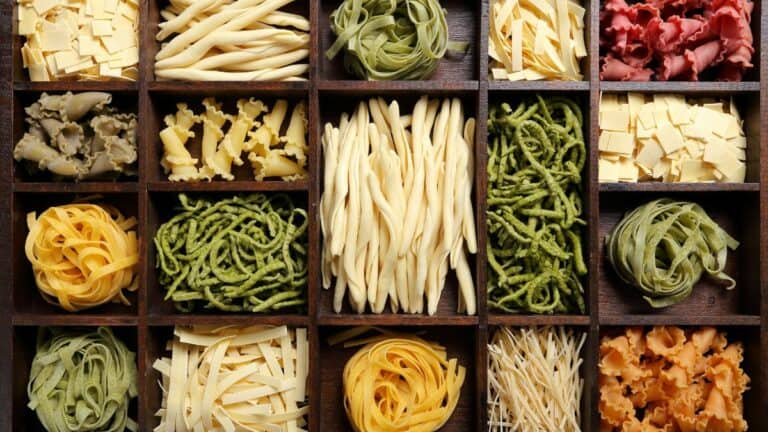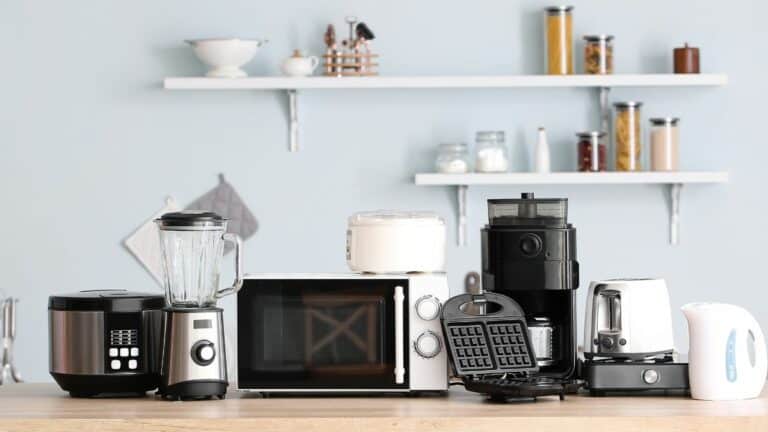11 Common Cooking Mistakes and How to Avoid Them
Cooking is both an art and a science, and even experienced home cooks can make mistakes. Here are 11 common cooking errors and tips on how to avoid them, ensuring that every meal you prepare turns out perfectly.

Overcrowding the Pan
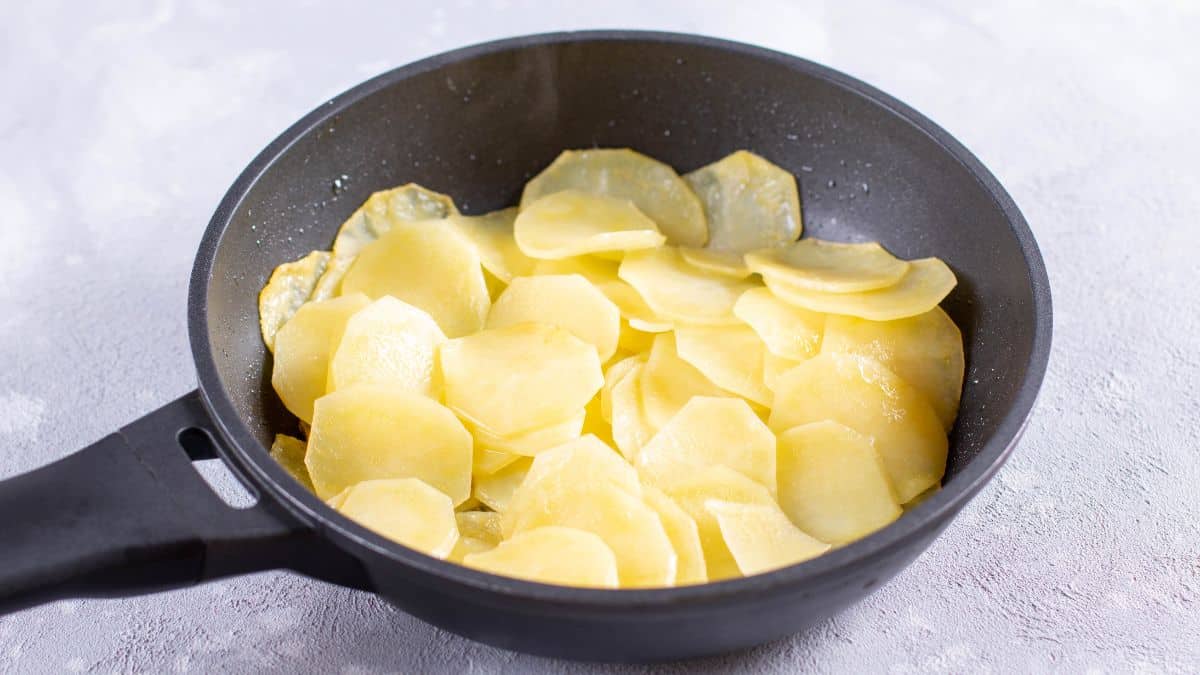
When you overcrowd a pan, food steams rather than sears, resulting in less desirable textures and flavors. To avoid this, cook in batches if necessary and make sure there’s enough space between pieces to allow for even cooking and proper browning.
Not Preheating the Oven
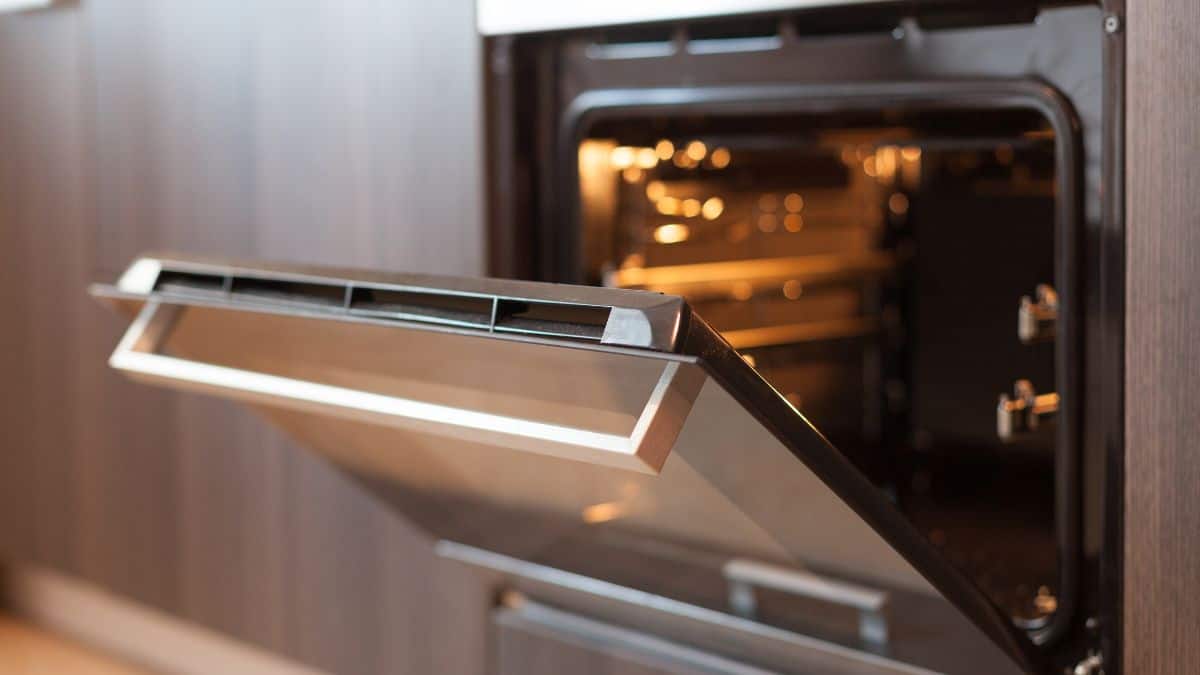
Failing to preheat the oven can lead to uneven baking and longer cooking times. Always preheat your oven to the required temperature before placing your dish inside to ensure consistent results and proper cooking times.
Using Dull Knives
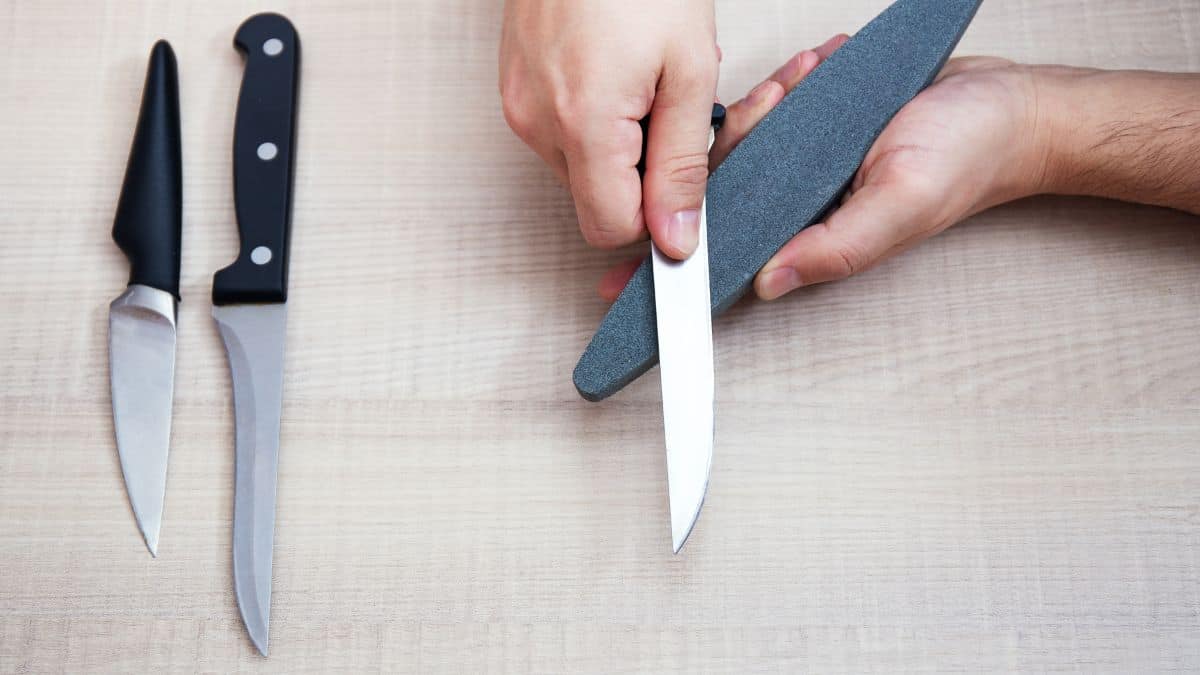
Dull knives can be dangerous and make cutting tasks more difficult, often leading to uneven cuts. Regularly sharpen your knives to maintain their effectiveness and safety in the kitchen.
Not Measuring Ingredients Accurately
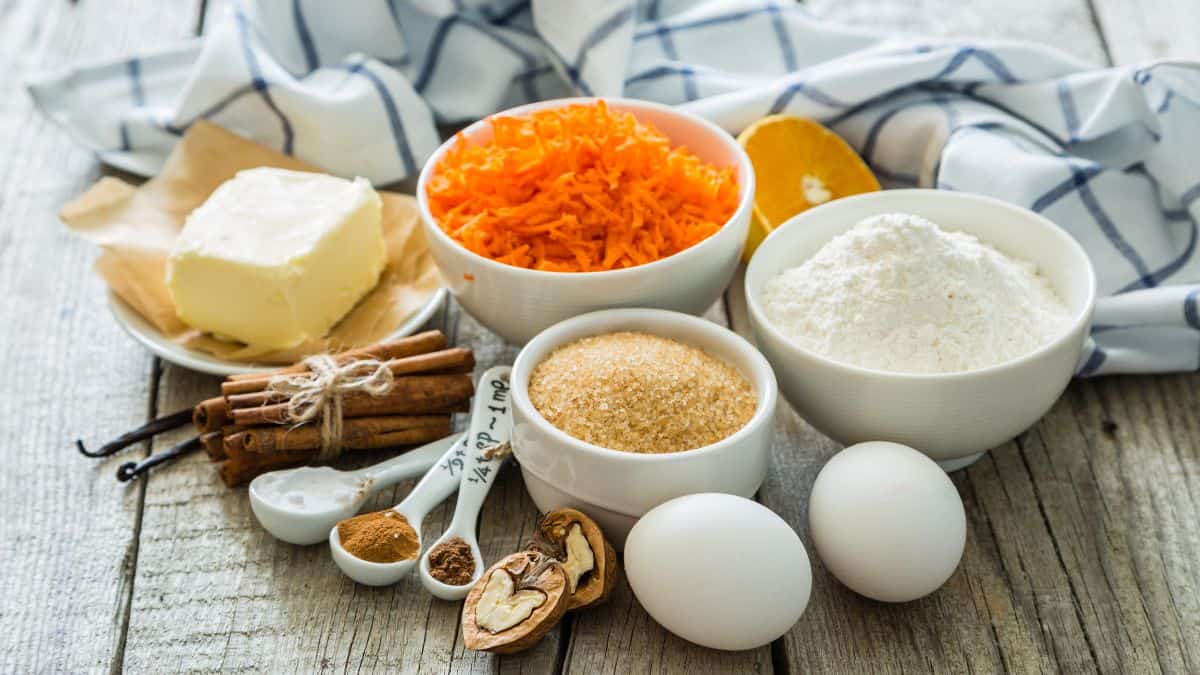
Cooking without measuring ingredients accurately can result in imbalanced flavors and textures. Use proper measuring tools for both dry and liquid ingredients to ensure that your recipes turn out as intended.
Ignoring Resting Times

Resting meats and baked goods allow juices to redistribute and flavors to develop fully. Skipping this step can result in dry or less flavorful dishes. Always follow resting time recommendations to achieve the best texture and taste.
Overcooking or Undercooking Pasta
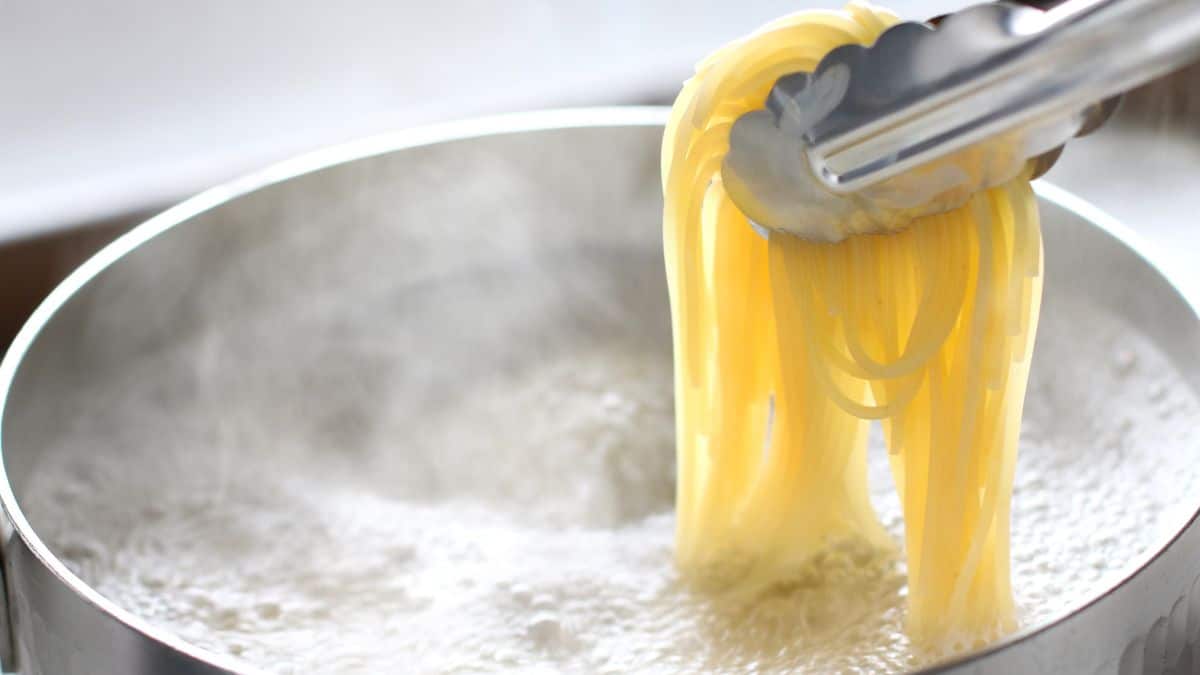
Cooking pasta for too long makes it mushy, while undercooking leaves it too firm. Follow package instructions for cooking times and taste a piece before draining to ensure it’s cooked to your preferred level of doneness.
Not Seasoning Enough
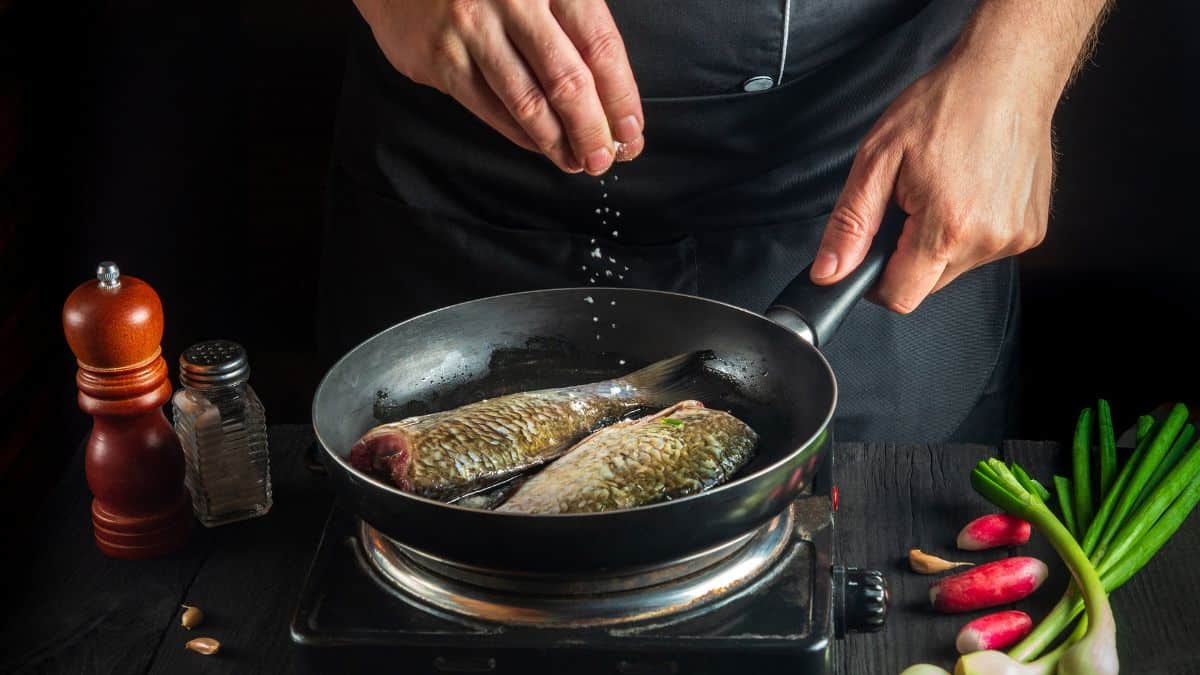
Seasoning is key to enhancing the natural flavors of your ingredients. Taste your dish as you cook and adjust seasoning accordingly with salt, pepper, herbs, or spices to bring out the best in your food.
Skipping the Mise en Place
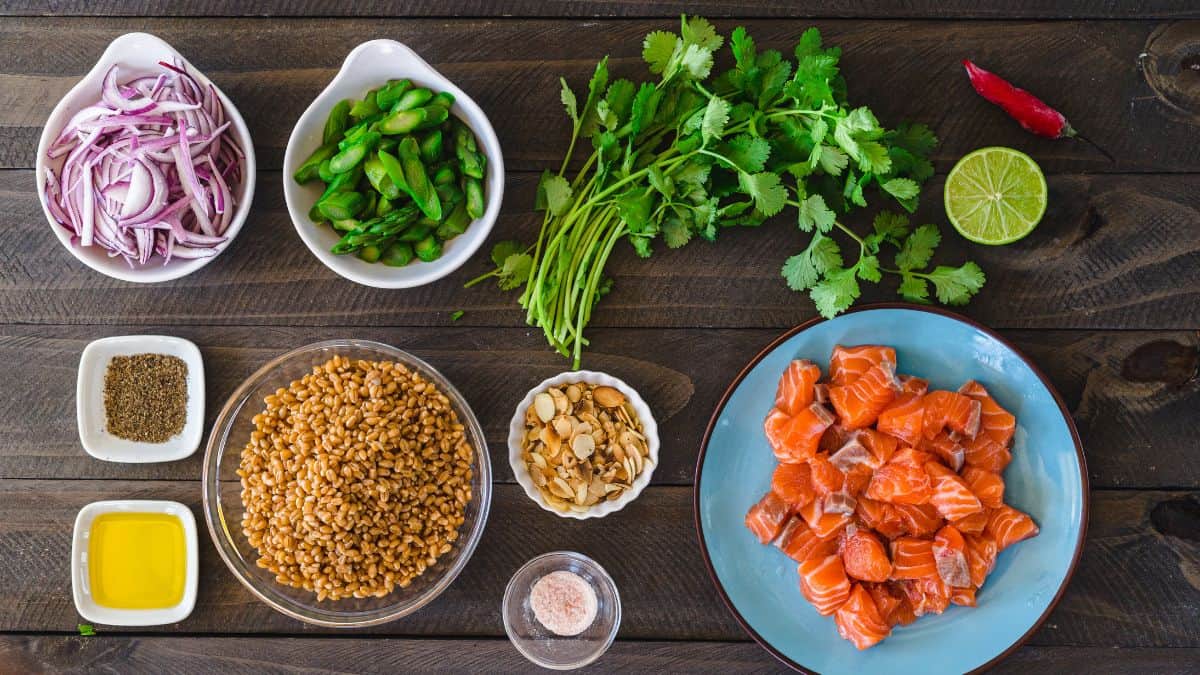
Mise en place, or having all your ingredients prepared and organized before cooking, is crucial for efficiency and accuracy. Prepare your ingredients ahead of time to streamline your cooking process and prevent forgetting important components.
Not Letting Meat Rest Before Slicing
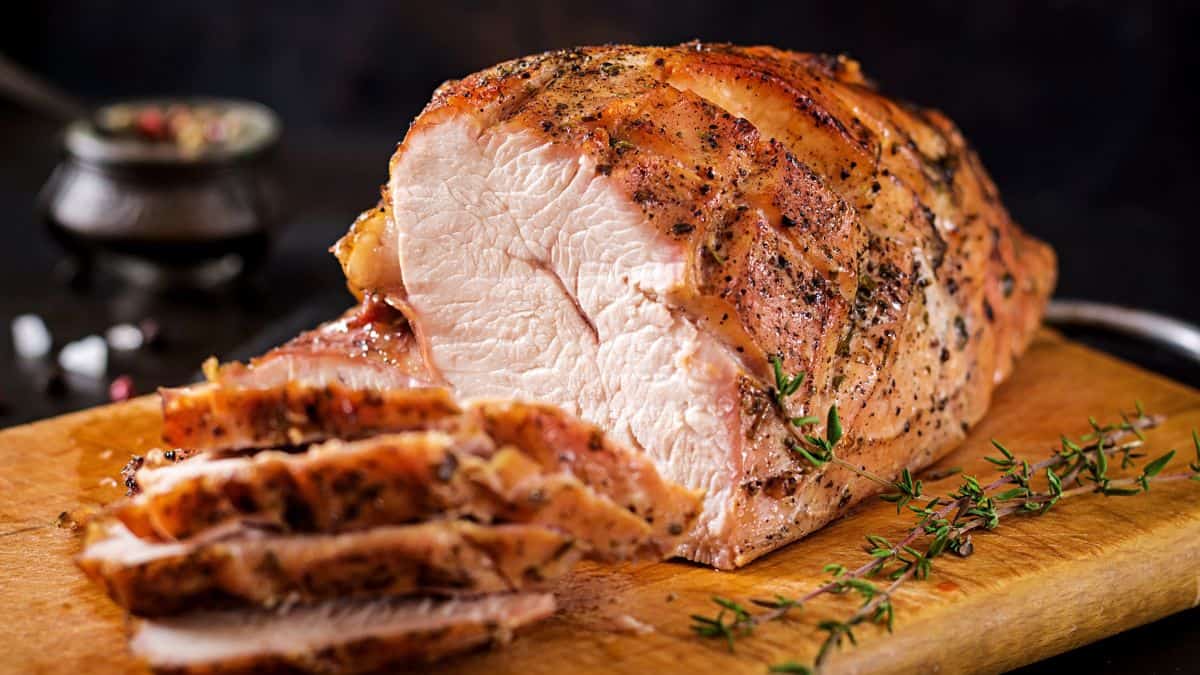
Cutting meat immediately after cooking can cause it to lose juices and become dry. Let meat rest for a few minutes before slicing to allow the juices to redistribute and keep the meat tender and juicy.
Using High Heat for Everything
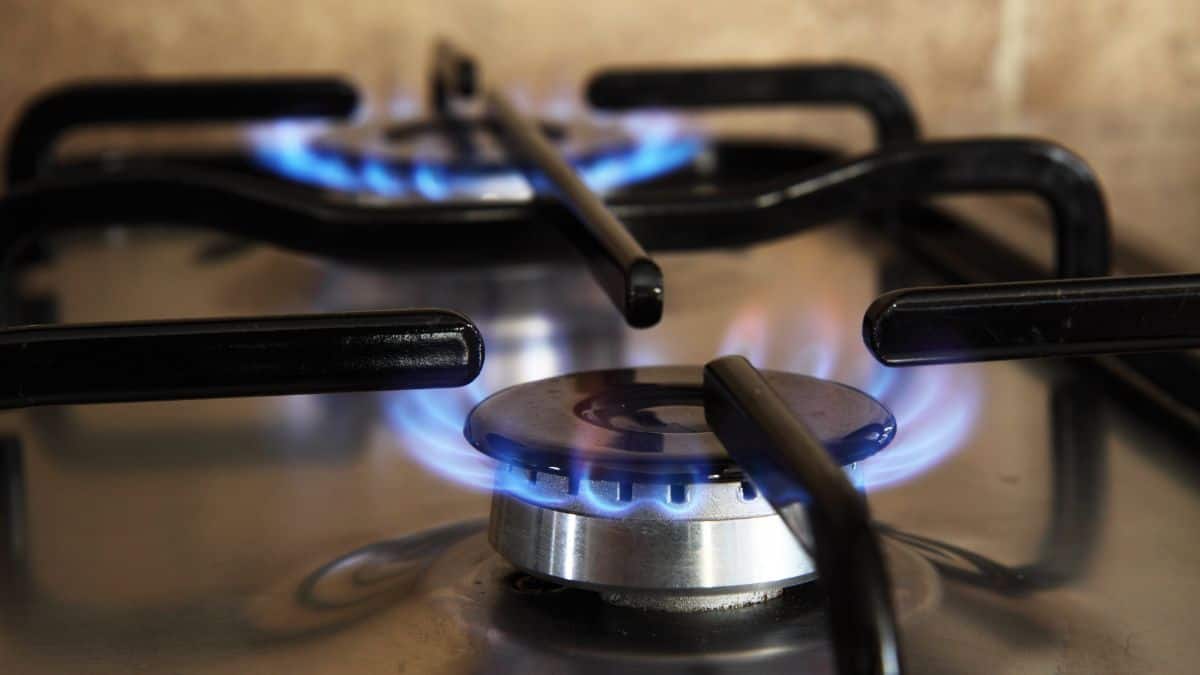
High heat can cause burning or uneven cooking, especially for delicate ingredients. To control the cooking process better and achieve optimal results, use medium to low heat for most cooking tasks.
Neglecting to Clean as You Go
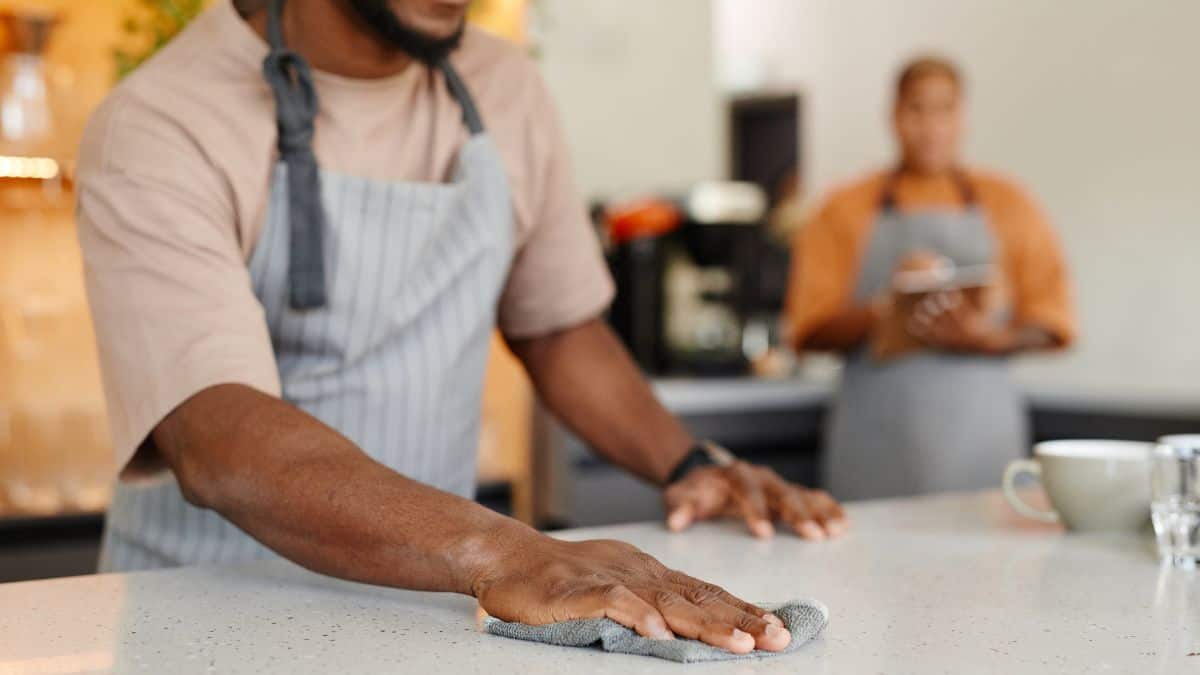
A cluttered kitchen can slow you down and create more work at the end of your cooking session. To maintain an organized workspace and make cleanup easier, clean up spills, wash utensils, and put away ingredients as you cook.


